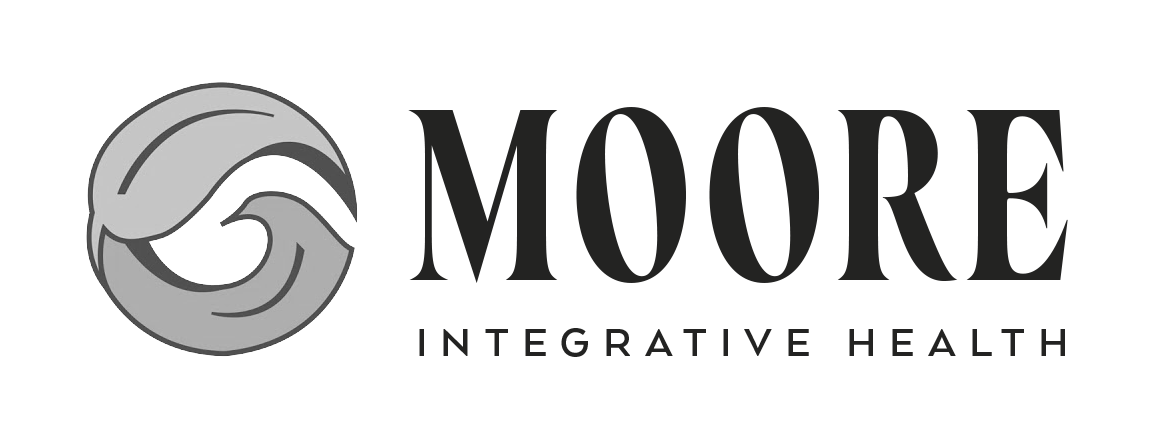Decoding Your Well-Being: A Comprehensive Guide to Understanding Dutch Hormone Test Results
In the quest for optimal health and well-being, understanding the intricacies of your hormonal balance is paramount. The Dutch Hormone Test has emerged as a revolutionary tool, offering a comprehensive insight into the delicate dance of hormones within your body. In this guide, we'll embark on a journey to unravel the mysteries of the Dutch Hormone Test results, empowering you with the knowledge to navigate your well-being.
The Dutch Hormone Test: A Window into Hormonal Harmony
Before delving into the interpretation of results, let's grasp the essence of the Dutch Hormone Test. Unlike traditional blood tests, the Dutch Hormone Test utilizes dried urine samples to provide a comprehensive overview of hormone levels. It assesses not only the levels of hormones but also their metabolites, offering a more nuanced understanding of hormonal balance.
Key Hormones Measured:
Estrogens (E1, E2, E3): Assessing the various forms of estrogen provides insights into reproductive health, menstrual cycles, and potential estrogen dominance.
Progesterone: Crucial for menstrual cycle regulation and overall hormonal balance.
Testosterone: Influences mood, libido, and muscle mass.
Cortisol: A key stress hormone that impacts energy levels, metabolism, and immune function.
DHEA: Precursor to sex hormones, influencing energy, mood, and overall vitality.
Melatonin: Regulates sleep-wake cycles, crucial for circadian rhythm.
Interpreting Dutch Hormone Test Results: A Comprehensive Approach
1. Understanding Hormone Levels: The Gold Standard of Balance
The test provides a snapshot of hormone levels throughout the day. Assessing whether these levels fall within the optimal range is crucial. Deviations may indicate hormonal imbalances that require attention.
2. Unraveling the Metabolites: Insights into Metabolic Pathways
One of the unique features of the Dutch Hormone Test is its focus on hormone metabolites. These are byproducts produced as the body processes hormones. Analyzing metabolites offers insights into how hormones are being broken down and metabolized, providing a more complete picture of hormonal health.
3. Assessing Diurnal Cortisol Patterns: The Stress Response Unveiled
Cortisol, often referred to as the stress hormone, follows a circadian rhythm. The test measures cortisol levels at multiple points throughout the day, unveiling the intricacies of the body's stress response. Understanding these patterns can pinpoint issues like adrenal fatigue or chronic stress.
4. Estrogen Metabolism: Balancing the Estrogen Equation
Estrogen dominance, a condition where estrogen levels outweigh progesterone, can lead to various health issues. The Dutch Hormone Test assesses estrogen metabolism, shedding light on whether estrogen is being processed down beneficial or potentially harmful pathways.
Common Patterns and Their Implications: Navigating Hormonal Insights
1. Elevated Cortisol: Unveiling Chronic Stress
Persistently high cortisol levels throughout the day may indicate chronic stress. This pattern can lead to adrenal fatigue, impacting energy levels, sleep quality, and immune function. Lifestyle modifications and stress management strategies are key in addressing this imbalance.
2. Estrogen Dominance: Balancing the Scales
An imbalance in estrogen metabolism, favoring the production of harmful metabolites, may indicate estrogen dominance. This can contribute to conditions like PMS, irregular menstrual cycles, or fertility issues. Dietary changes, targeted supplements, and lifestyle adjustments can address this imbalance.
3. Hormonal Insufficiencies: Nurturing Vitality
Low levels of hormones like DHEA or testosterone can lead to fatigue, mood swings, and reduced vitality. Identifying deficiencies allows for targeted interventions, including hormone replacement therapy or natural interventions like adaptogenic herbs.
Navigating Hormonal Imbalances: A Personalized Approach to Well-Being
1. Personalized Interventions: Targeting Root Causes
Armed with the insights from the Dutch Hormone Test, interventions can be tailored to address specific imbalances. This may involve lifestyle modifications, dietary changes, supplementation, or hormone replacement therapy under the guidance of a healthcare professional.
2. Lifestyle Modifications: Cultivating Hormonal Harmony
Implementing lifestyle changes is foundational in restoring hormonal balance. Adequate sleep, stress management, regular exercise, and a balanced diet play pivotal roles in fostering overall well-being.
3. Nutritional Support: Harnessing the Power of Food
Nutrition plays a crucial role in hormonal balance. Targeted supplementation with nutrients like B vitamins, magnesium, and adaptogens can support hormonal health. Dietary adjustments, such as reducing processed foods and incorporating hormone-balancing foods, are key components of a holistic approach.
Moving Forward: Empowering Your Hormonal Journey
The Dutch Hormone Test serves as a compass, guiding you through the intricate terrain of hormonal balance. Armed with the knowledge of your unique hormonal profile, you hold the key to unlocking your path to optimal well-being.
1. Regular Monitoring: A Journey, Not a Destination
Hormonal balance is dynamic, influenced by lifestyle, age, and various external factors. Regular monitoring through follow-up tests allows for adjustments to interventions, ensuring sustained well-being.
2. Consultation with Healthcare Professionals: Your Hormonal Allies
Interpreting and navigating the nuances of hormone test results can be complex. Consulting with a healthcare professional, preferably one well-versed in functional medicine or endocrinology, ensures personalized guidance

